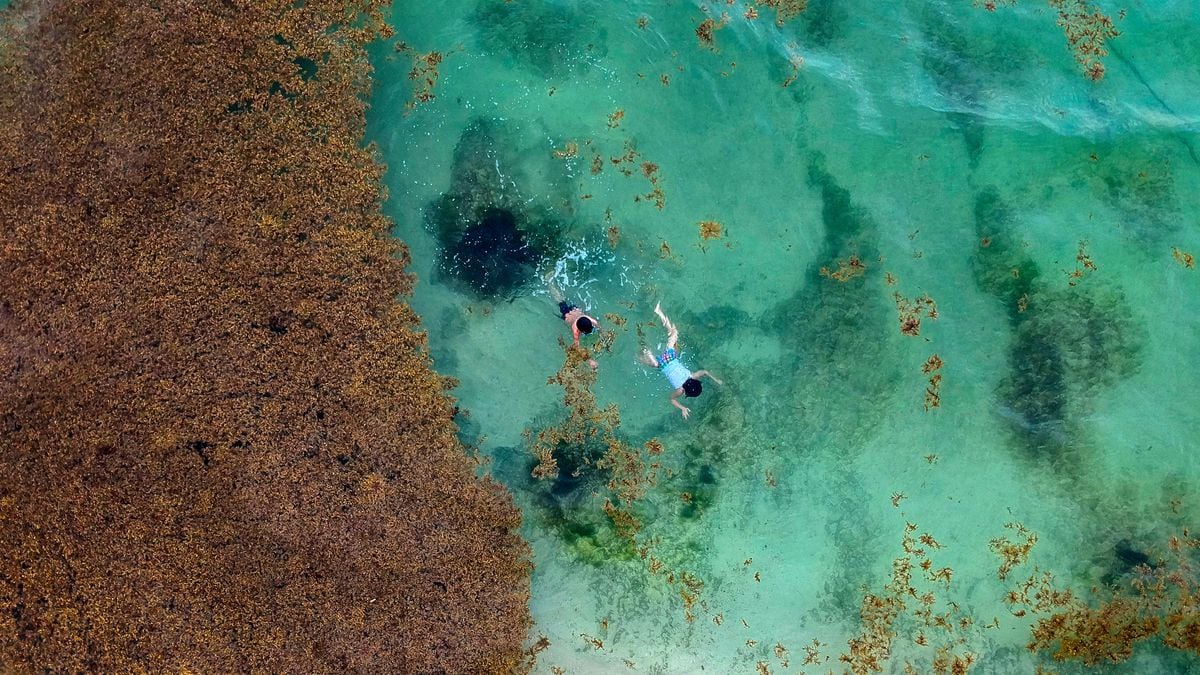“Latin America is an impure place and the search for purity has been its downfall,” Carlos Granés, an admirable Colombian thinker, recently told EL PAÍS.
Granés is the author of
Deliro Americano
, a book called to be one of our 21st century classics.
It is urgent reading for everyone in our region because it is a powerful antidote to revolutionary myths and populist post-truth.
It occurs to me to think that one of the impurities pointed out by Granés, happily acquired thanks to our porous border cultures, is the baseball that began to be played in Cuba at the same time as the Ten Years' War (1868-1878), also called Guerra Grande, the hard attempt for independence led by Carlos Manuel de Céspedes, hero and martyr.
In colonial times, playing baseball in Cuba became what a progressive academic today would call "a form of resistance": the Spanish authorities, in effect, saw no other way than to expressly prohibit it and harshly punish its practice.
It happened that the mambises refused to stand up in bullfights as a sign of respect for the Spanish authorities.
They opted, unruly, for baseball, practiced clandestinely.
Because?
Because they saw in him the sports figuration – “performative”, perhaps the same progressive professor would say? – of something very worthy of emulation by those who no longer wanted to be subjects of an anachronistic and corrupt monarchy: a democratic republic that has just emancipated its slave population waging a cruel civil war for it.
They saw, of course, the homeland of the fledgling big industrial trusts, of segregationist Jim Crow laws and imperialism, yes, but also the homeland of Lincoln and Whitman and Frederick Douglass, the man who escaped slavery to become an orator. and abolitionist writer until he became a statesman.
It was a nation whose strength and originality marveled José Martí, a great mambi of the mambises who lived in the monster and knew its entrails, certainly, but who, in addition to his David sling, had seven-league boots and eyes to see and a tongue to ask and that is why he knew how to tell us equally about the good and bad United States of that era.
"I would carve in porphyry the statues of the men who forged the Constitution of the United States," wrote the great admirer of Whitman.
In the process, he created, thinking of his thousands of readers throughout Spanish America, a new genre: the journalistic chronicle, deep and continental in scope, which still inspires the best of Latin American intelligence.
Mark Twain has a Connecticut Yankee explain the rules of baseball to a Knight of King Arthur's Round Table, and the comic effect is dazzling.
However, I wonder what Martí would not have achieved, who knew how to exemplify the trial of the seven anarchists in Chicago, the adventures of the bandit Jesse James, the founding of a town in Indian territory and a day of presidential elections in Coney Island, since to explain the rules of baseball to his readers of
La Nación
in Buenos Aires in 1881.
The history of how the practice of baseball spread throughout the Caribbean Basin, endowing us with a lingua franca, “baseball”, would fill volumes of regional intrahistory.
Some good people from Caracas, people of potential and liberal ideas, brought him to my homeland from Baltimore around 1895.
At the beginning of the 20th century, the feral variant of the game that we Venezuelans call “caimanera” was already being played throughout the country.
So it was not a thing of the Yankee Marine Corps or the oil companies but, I say this by borrowing the idea of Granés, the work of our Latin American propensity for cultural impurity.
In my dreams, that “blurred homeland of the dead”, I often go to the University Stadium, for decades the only baseball park in Caracas worthy of the name.
I'm not going alone, I'm going with my cousin, the late Efraín Espinoza who writes about sports for
Venezuela Gráfica
, it's Sunday, I'm 15 years old and a game is being played between Leones del Caracas and Tiburones de La Guaira.
As is a recurring dream, the invariable pitcher for my Lions is the great Luis Tiant.
A few days ago a monumental baseball park was inaugurated in Caracas, which the pedants of the regime were about to baptize Stadium Hugo Chávez.
Faced with universal protest for such a rude excess, they decided on another excess: Simón Bolívar Stadium, although everyone already calls it by the place where it was built, La Rinconada.
The Caribbean Series is currently being played there: the Dominican Republic, Mexico, Puerto Rico, Cuba, Colombia, Curaçao and Panama compete, in addition to the host country.
They tell me, 38,000 spectators well seated.
The final will be played next Friday the 10th, at 7:30 p.m. local time.
It beats me that it will be between Mexico and the Dominican Republic;
my favorite in Mexico;
Rodolfo Amador, third cushion of Los Mochis, has caused a sensation, the friends of WhatsApp say.
I haven't set foot in a baseball park scented with glamorous, game-savvy Caracas girls, beer, and sirloin skewers in thirteen years.
Latin America is an unclean place.
And exile, writes Saint-John Perse, is a flagrant and void place.
Subscribe here to the EL PAÍS America
newsletter
and receive all the latest news from the region
Subscribe to continue reading
Read without limits
Keep reading
I'm already a subscriber






